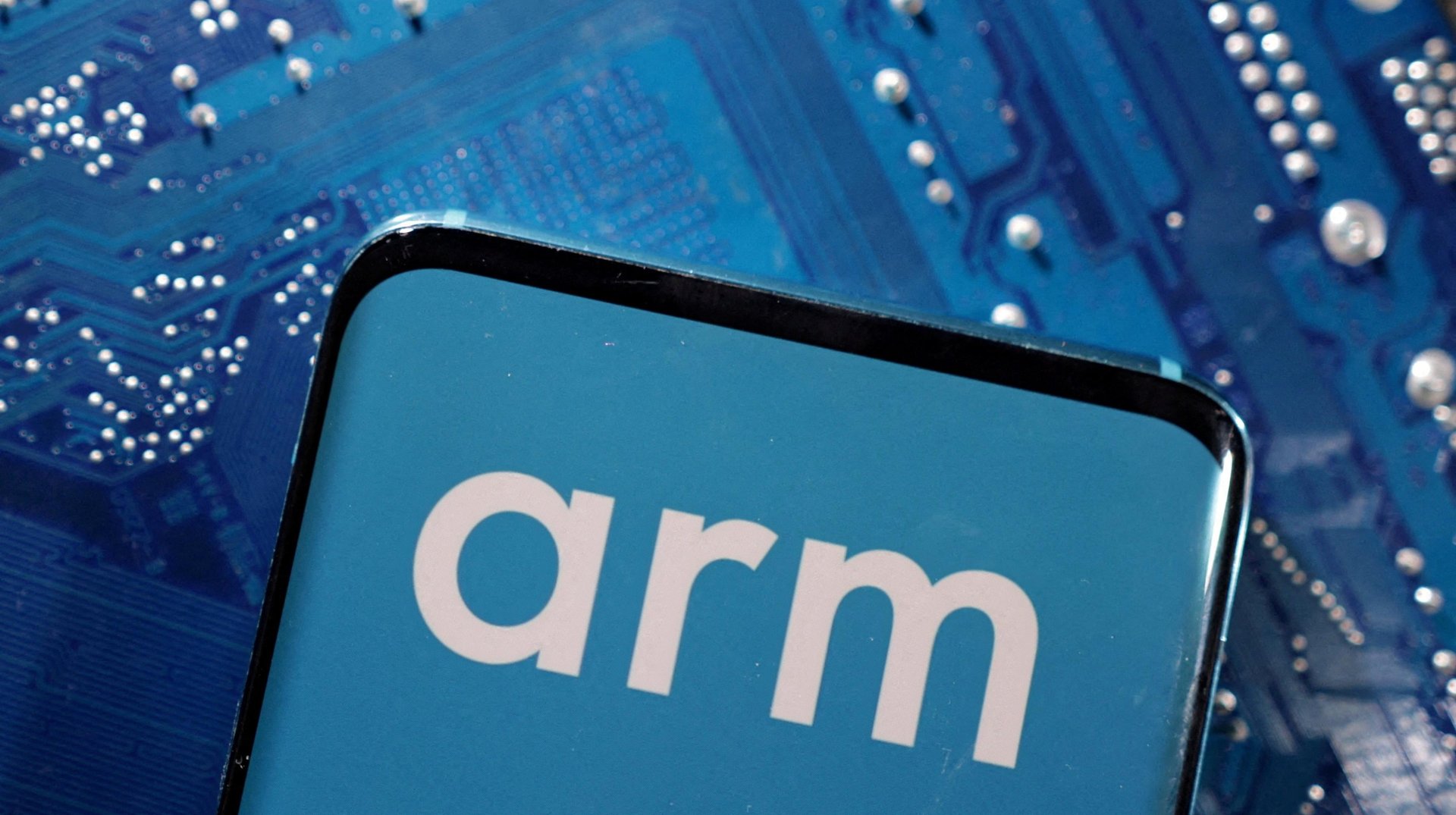Tech IPOs are returning—this time with profits
Instacart, Arm, and Klaviyo are pairing profitability with plans to go public

The companies filing to go public this year look a little different from their counterparts in 2021 and 2022: They’re actually profitable.
Suggested Reading
Instacart, the grocery-delivery company, made money last year. The British chip designer Arm earned $524 million in the fiscal year ending March 2023. The marketing automation company Klaviyo netted $16 billion from January to June. Cava, a restaurant chain that went public in July, showed a profit in its most recent quarter.
Related Content
What’s happening? In the last 18 months, the IPO market has tightened after booming in the pandemic. Companies suddenly started feeling pressure from investors to show evidence of sustainable growth amid market uncertainty and recession fears. And rising interest rates made borrowing more expensive, compressing the time horizon for startups to turn profitable.
The companies wading into the IPO market now are the ones that have demonstrable growth and earnings, said Phil Haslett, founder of EquityZen, an online marketplace for trading stock in private companies. “You’re kind of seeing the best of the best testing the market first,” he said.
A new era for IPOs
The IPO frenzy of 2020 and 2021 was defined by a number of money-losing companies such as Allbirds, Casper Sleep, Rent the Runway, and Robinhood. These companies went public in a low-rate environment, where investors were focused more on growth potential than profits.
But tech IPOs from those two years have largely floundered in the public market: 80% of them have had negative returns, their average net return is -30%, and they dominate the list of the worst tech IPOs since 2019, according to a July report from JPMorgan (pdf).
Moving away from SPACs?
The public markets at that time were flooded with companies going public by merging with blank-check firms called SPACs, or special purpose acquisition companies. A SPAC is a shell company formed with the purpose of raising capital and then merging with an existing company that might not want to or may not be able to go public through a traditional IPO.
In 2020 and 2021, SPACs grew to equal the size of the traditional IPO market, according to JPMorgan. Companies that went public via SPAC performed twice as poorly as those that went public in traditional IPOs, the report found.
“The SPAC boom is kind of a zero-interest rate environment move,” Haslett said. “It was a way for SPAC sponsors to get a big chunk of companies. It was a way for hedge funds to park money in SPACs and get some upside, and that’s completely gone away.”
Quiet on the private-market front
The private markets have been quiet too, with many private investors burned over the last two years by big markdowns in private valuations and companies hesitant to take new funding at lower valuations. Late-stage venture capital funding recently hit its lowest level since 2018, according to Crunchbase, a market research firm.
To be sure, it takes time for a unicorn to pivot away from growth at all costs, which Instacart achieved in part by moving into the advertising business and holding off on going public after a burst of growth in the pandemic—perhaps, as Haslett noted, to demonstrate that they were more sustainable than other pandemic-fueled companies like Peloton.
“That discipline is very important to have in your business, especially at this time, more so than anything else,” said Arjun Kapur, an investor at Forecast Labs, a venture capital division with Comcast.
Resurgence in IPOs?
If Instacart and Klaviyo go public and don’t perform well, the market could find itself right back where it was earlier this year.
